"Fighting Power with Memory"-Memories of June 4th in Desperate Times
"The struggle of man against power is the struggle of memory and forgetting." - Milan. Kundera, "The struggle of man against power is the struggle of memory against forgetting." - Milan Kundera, 〔The Book of Laughter and Forgetting〕
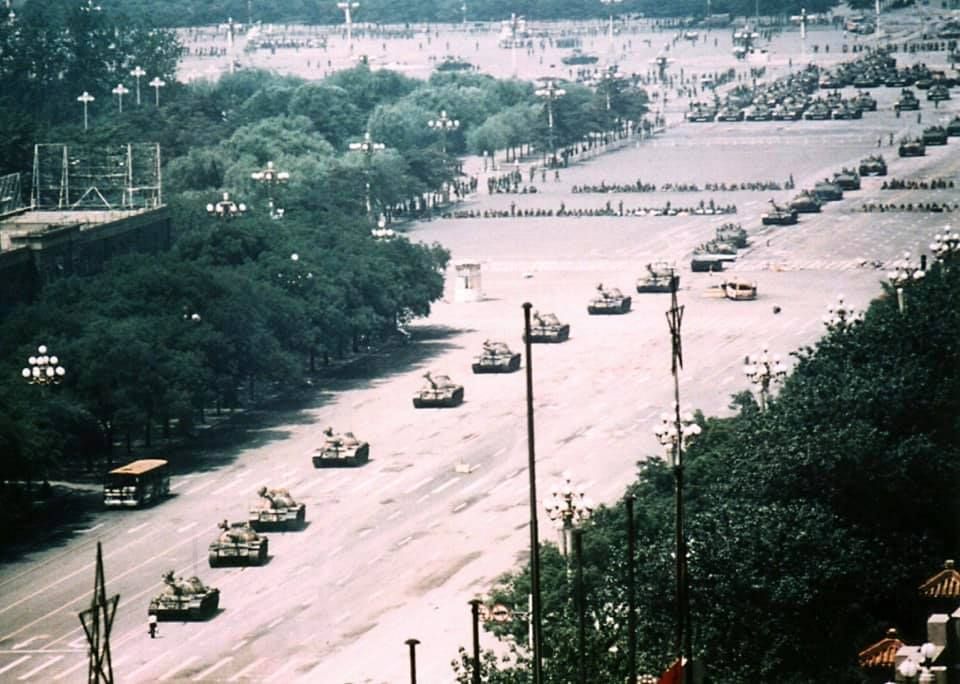
It's June 4th again. At this time of year, those impactful images, the singing of the Internationale, and the sound of shameless gunfire bring huge emotional fluctuations, coupled with the darkness of the status quo and the desperation for a way out. of powerlessness. Last year was the June 4th and 30th anniversary. In this more symbolic year, more people wrote articles to commemorate it, more academic research and perspectives were released, and more people went to Victoria Park to hold candles. However, it was followed by the vigorous anti-extradition movement that faced greater suppression. After an epidemic caused a huge disaster to China, the mood of reflection seemed to be instantly replaced by nationalist sentiments and gloating over foreign countries. pass away. Going around is another year on June 4th. The cancellation of the Hong Kong Victoria Park rally, which lasted for 30 years, symbolizes a darker future. China continues to move firmly towards the "new normal" of nationalist isolation and totalitarianism. Hong Kong and Taiwan are becoming more and more Many objects that must be tamed appear in China's official narrative. The United States, which has never been a beacon, has lost its "moral commanding heights" under Trump's leadership. Four ways to address domestic protests against racism. Under the shadow of the new Cold War, China and the United States are increasingly nationalistic/isolated/armed in their confrontation. At the beginning of what may be the "best year of the next decade", it is difficult to have confidence in what to expect from democracy and freedom in China or the world. What does June Fourth mean to us in this era? How can memory comfort the dead under power?
1. My road to understanding June 4th: the gap under authoritarianism
When narrating June 4th, one often hears the phrase "under the strict control, the younger generation has forgotten/can't know about June 4th." This statement is generally true. Under the control of the Internet, June 4th and related words It is a strictly controlled restricted area, and it is very difficult to learn about June Fourth through the Internet, let alone TV or books. However, this does not mean that there are no gaps in the control of authoritarianism, and it is in such gaps that I, who was born after the June 4th Movement, can gradually see the wounds of history.
The first time I heard about June 4th was when I was in the first year of the first year of junior high school. It was the 20th anniversary of June 4th. One day, I was on the way back to the classroom after eating in the cafeteria, when I suddenly found that the school had been put up with a slogan that read, "Commemorating June 4th." On the 20th anniversary, the People's Liberation Army shot at the people for the first time." I was very puzzled and shocked by the content of the slogan, so I asked the head teacher. The head teacher who always answered questions in the past seemed hesitant to avoid this question. This kind of avoidance made me curious. My heart was aroused. "The People's Liberation Army shot at the people" was nothing short of a shock to me, who was "orthodox" at that time. So I searched for knowledge in the way I was familiar with before, searched on Baidu, and discussed with my classmates. The former brought official statements from the Politburo of the Communist Party of China and the National People’s Congress, saying that “students are thugs, and the military has exercised restraint” and vague hints on online forums; the latter received more veiled hints from parents about the student movement. The presence. If it was just like this, it would be impossible for me to know anything about June 4th. I could only vaguely know a few words "students", "hunger strikes", "thugs", "Gorbachev" and "River Death". Until I started to know about Wikipedia , Wikipedia was not blocked at that time, and Chinese "sensitive" entries were also accessible. It's just that the connection may be disconnected for a period of time after clicking too many "sensitive" entries. By clicking one entry followed by another, a June Fourth memory composed of words and pictures was formed in my mind. While it's hard to imagine the impact without video and sound in this day and age of short videos, I'm still struck by the intensity of emotion in the narrative text, and by the pathos in those poems.
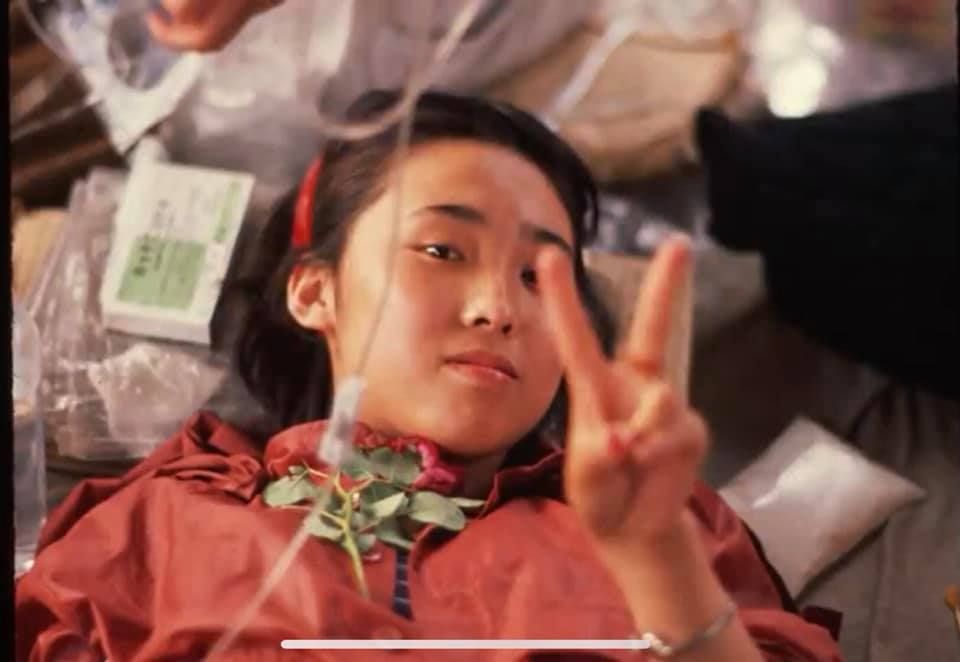
About a year later, I finally downloaded the first circumvention software. The first thing I did was to watch Karma's documentary "Tiananmen Square" on YouTube ( https://www.youtube.com/watch?v=uyauJ34d2K0), The circumvention software at that time was very slow, and it often took two seconds to watch one second. In this way, I watched a 3-hour documentary for a whole weekend. Even so, the shock brought by the live video is still huge. The "Internationale" sung over and over again echoed in my ears, and the swirling bullets and the shrill whistle of the ambulance made me unable to calm down any longer. Unlike before I saw it, in addition to my anger at the repression, I also felt sorry and angry at the May chaos at Tiananmen Square, and Chai Ling's emotionality. "Student Movement" is no longer an abstract term for me, but has become an organizational problem, a compromise and a persistent choice. The scene that shocked me the most was when the citizens of Beijing took to the streets to surround the troop carrier that was entering Beijing. The soldier looked bewildered, and I burst into tears for this beautiful side of humanity.
Then he entered the university. This Beijing university has a deep involvement in the June 4th High School, so that every year there are security guards next to the iconic sculpture of the June 4th School. By chance, I also joined an academic club in the school. One of the most important activities of the club is to broadcast some independent documentaries every year, and "Tiananmen" is always the one that will be the finale. The club finds a bar near the school, carefully plays the film, and organizes discussions. Until last year, the external risks continued to escalate, and internal members seemed to have the risk of "reporting", and the tradition that had lasted for many years was discontinued.
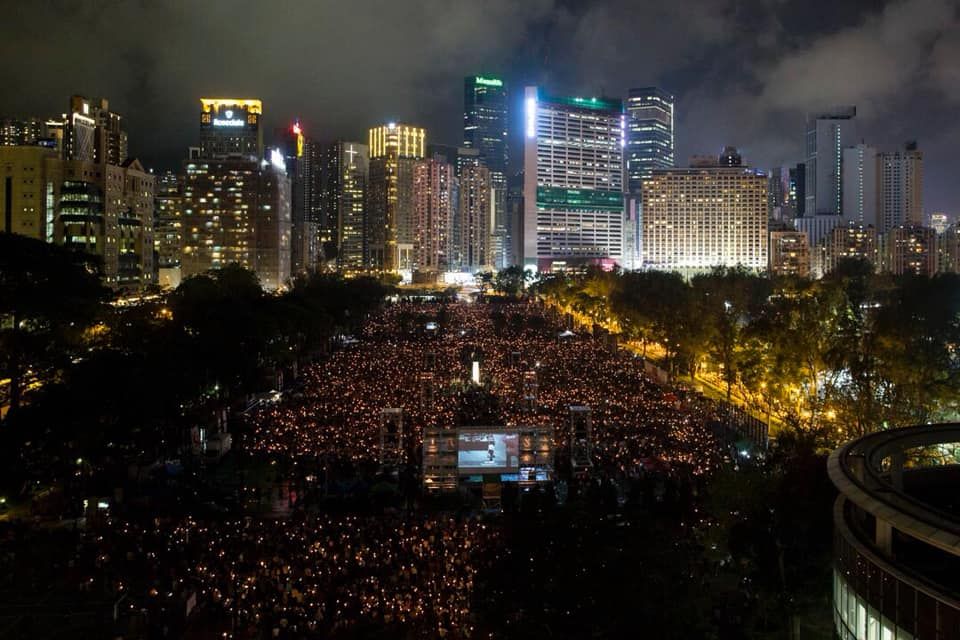
In the past few years, I have taken the opportunity to travel to Hong Kong and Taiwan several times. Every time I go to Eslite, I spent a few unforgettable days in Dunnan Eslite, which has freedom of publication, and Causeway Bay Eslite, which still has freedom of publication. At night, I had the opportunity to read books on the June 4th incident. Among them , Teacher Zhao Dingxin's "The State, Social Relations and the 1989 Beijing Student Movement" gave me the most inspiration, especially using the lack of social middle-level structure to explain the mistakes of student movement organizations and the theory of state legitimacy to explain the CCP's high-level movement toward military repression. choose. Last year 's series of reports on the June 4th and 30th anniversary ( https://theinitium.com/article/20190515-hongkong-6430-trailer/) covered the analysis of June 4th from various perspectives, interviews with the parties, a The harm of state violence to individuals is more specific and profound.
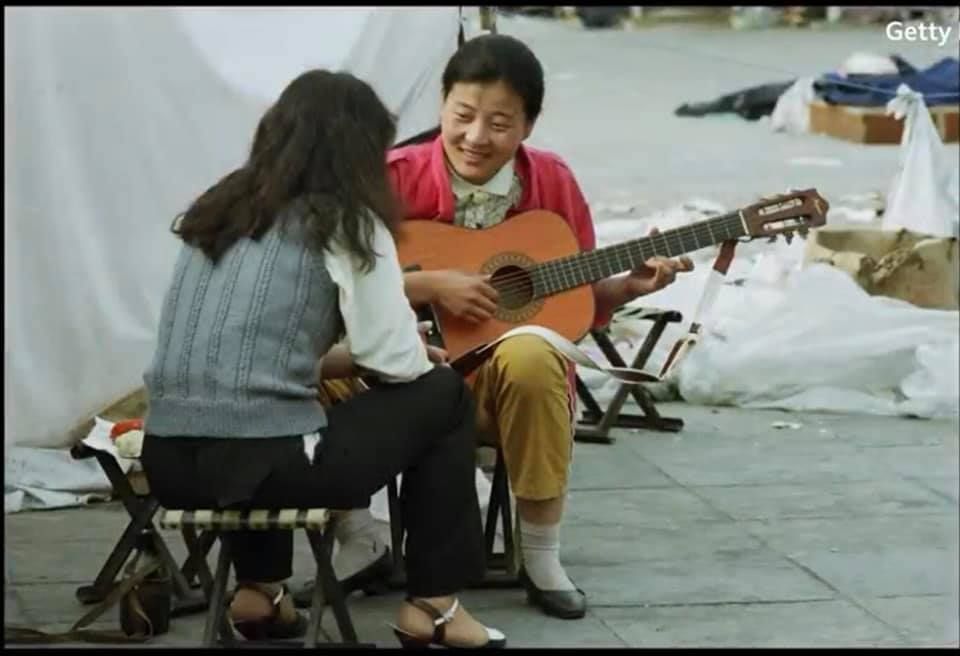
2. Reflection on June 4th: Beyond Student Movement, Beyond Moral Perfection, Beyond Beaconism
Among the voices commemorating June 4 every year, the most heard are still the narratives of student leaders and intellectuals. Of course, the 1989 pro-democracy movement was the first movement initiated by students and occupied the majority of activists, but such voices still have their limitations. The support of the citizens/workers allowed the student movement to be maintained during the most difficult times, so that the students could have a living security, and more importantly, when martial law began, and an inevitable tragedy began, it was the citizens and workers who had to use it. The flesh and blood prevented the advance of the army to the greatest extent, and it was also the greatest price they paid. After the June 4th, the authorities were still afraid of punishing students and intellectuals due to pressure from the international community, but the punishment of citizen workers was even more brutal, as Wang Chaohua recounted in the interview:
"As long as students are caught, they will be sent to prison. As long as they are not students, many workers will be killed immediately after they are caught... Shanghai killed the workers who burned the train, Jinan killed 24 people a day, without explaining why, Beijing killed 7 people, Said that they burned military vehicles. The wanted order is added to the death penalty, and the execution is fast, which directly threatens the citizens.” ( https://theinitium.com/article/20190604-mainland-wang-chao-hua/?utm_medium=copy )
Compared with the huge price they have paid, their voices are relatively lacking. The narrative of the "student movement" lacks the shadows of workers and citizens, while in a traditional taxi spirit and college students' "Pride of Heaven" The "purity of the student movement" in the movement has always prevented the expansion of students to a wider social class. Now, when looking back at the June 4th Movement, we should not ignore these broader victims who are not in the limelight.
The democracy that workers want and the democracy that students want, the former is a democracy based on class discourse, the latter is a democratized democracy; the former first refers to the democracy of the workplace, while the latter is based on abstract individual freedom Democracy; the former is a democracy that rejects market-oriented reforms, and the latter is a democracy that embraces market-oriented reforms. It is in this sense that we can say that what the workers are after is socialist democracy, and what the students are after is liberal democracy. "Marginalized June Fourth Discourse: In the Spring and Summer of 1989, "Two Movements" actually happened" https://theinitium.com/article/20190529-opinion-labour-force-in-june4/?utm_medium=copy
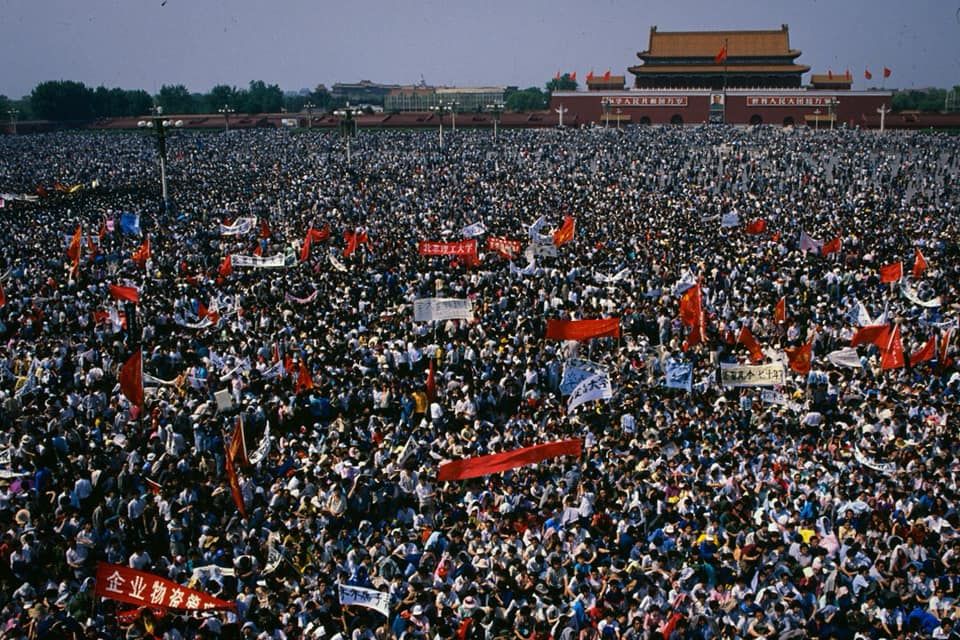
In common narratives about June 4th, the officials often use a method of "splashing dirty water" to try to offset the legitimacy of the pro-democracy movement. In contrast, students under the pro-democracy narrative adopt a "moral perfection" description of. This may be both untrue and unnecessary. In "Monologues of a Doomsday Survivor", Mr. Liu Xiaobo made outright criticisms of the chaos in the student movement, the arrogance and arrogance of the student leaders (mainly Wuer Kaixi), and the lack of a deep understanding of democracy. These criticisms are often There was no response from the student movement leaders. A just social movement does not require the "moral perfection" of its participants. In the 1980s, the understanding of the Western world was limited and the middle-level organizations (NGOs/companies/associations) were lacking. The confusion is to some extent inevitable, and there is no need to shy away from that. The 1989 pro-democracy movement is also a movement that belongs to all participants and supporters. The student leaders do not monopolize the right to interpret the movement. As a college student in his early 20s, some character shortcomings are not unacceptable. Since there is no need for "perfect" Victims", we don't need a "perfect resister", and the resisters themselves don't have to call themselves "morally perfect" at times. Like Mr. Liu Xiaobo, introspecting under the stance against authoritarianism may be more able to make the public feel Movement has a deeper understanding.
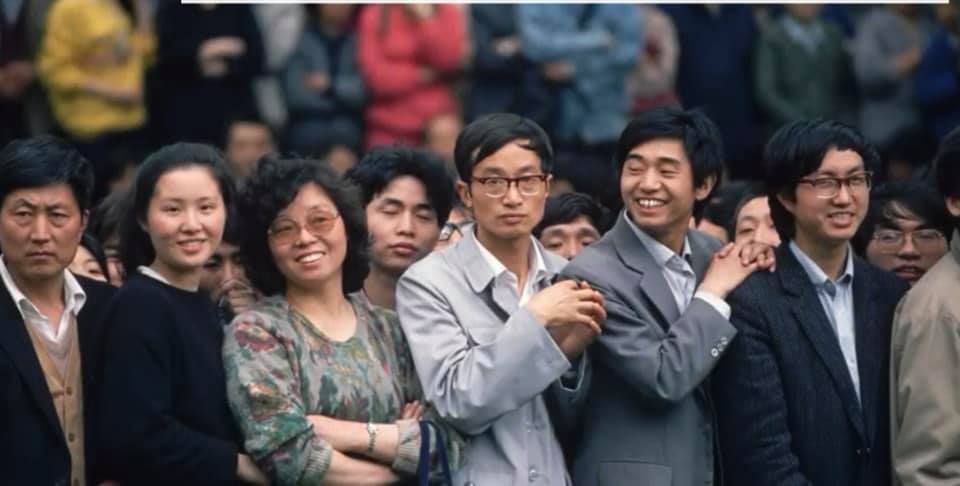
June 4th is not only history, but also reality. It also reflects the current situation in China and the changes in the world. In the Trump-era America, many "liberal" Chinese intellectuals turned into Sichuan fans, cheering for Trump's policies, which clearly violated liberal principles. Even recently, when the Blcak Lives Matter movement in the United States was surging and Trump threatened to use the military, Yu Jie still expressed his support for Trump. This bizarre phenomenon was explained by Mr. Lin Sandu in his thesis as beaconism. These intellectuals are either looking for a political beacon out of confrontation with the CCP, or out of their yearning for "Western civilization", equating superior civilization with the imagination of white male civilization, and looking for a kind of civilizational beaconism. For the "double standards" of the struggle against vulnerable groups in the West and the undisguised contempt for the so-called "white left". This kind of beaconism not only puts the ideological resources of June 4 at risk of being hijacked by conservatism, but also puts at risk the connection between June 4 and other protest movements taking place around the world. The 1989 Democracy Movement was a large-scale resistance and awakening of the people of all walks of life against the authoritarian system, and this resistance to structural oppression was also reflected in the protests in Hong Kong/Chile/United States. The June 4th told us that nationalism and Beaconism, but more empathy and alliance with other oppressed groups.
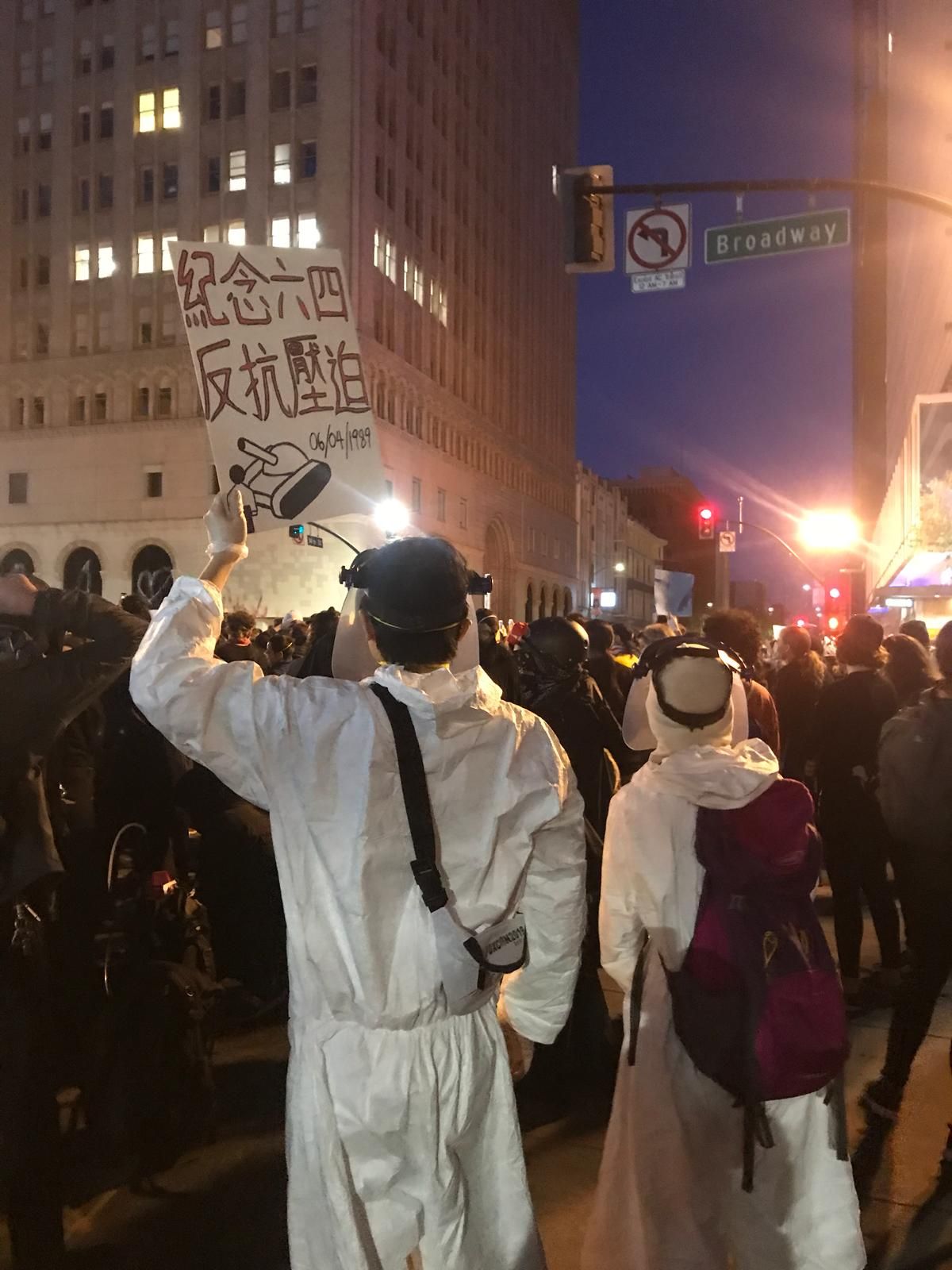
Three, use memory to resist totalitarianism: memory innocence
In increasingly harsh environments, the value of memory may be more prominent. Memory is the last line of defense to keep the fire of resistance and keep the truth of history. In the struggle against authoritarianism in history, the preservation of memory, repeated narration, and innovative commemorative forms are all important factors that ultimately reveal the truth of history. During the darkest days of the Argentine junta rule in the 1970s, the "Plaza de Mayo Mother" preserves the memory of the "dirty war" of the Argentine junta through a circular walk every Thursday starting at 3:30 pm ( https:/ /theinitium.com/article/20160708-international-Argentina-mothers/ ); in the days after June 4th, Hong Kong people through the Victoria Park rally year after year, media reports and folk commemoration through various art forms, Despite the official downplay, the rare "collective memory" is still preserved. When officials try their best to prevent any discussion of June 4 every year by blocking the Internet/closing subway stations/water army pollution, the official's fear of memory is also highlighted. What we can do is try our best to remember this history, try our best to transmit information in the gap of power, and read and think about the experience and reflection brought by the June 4th Movement.
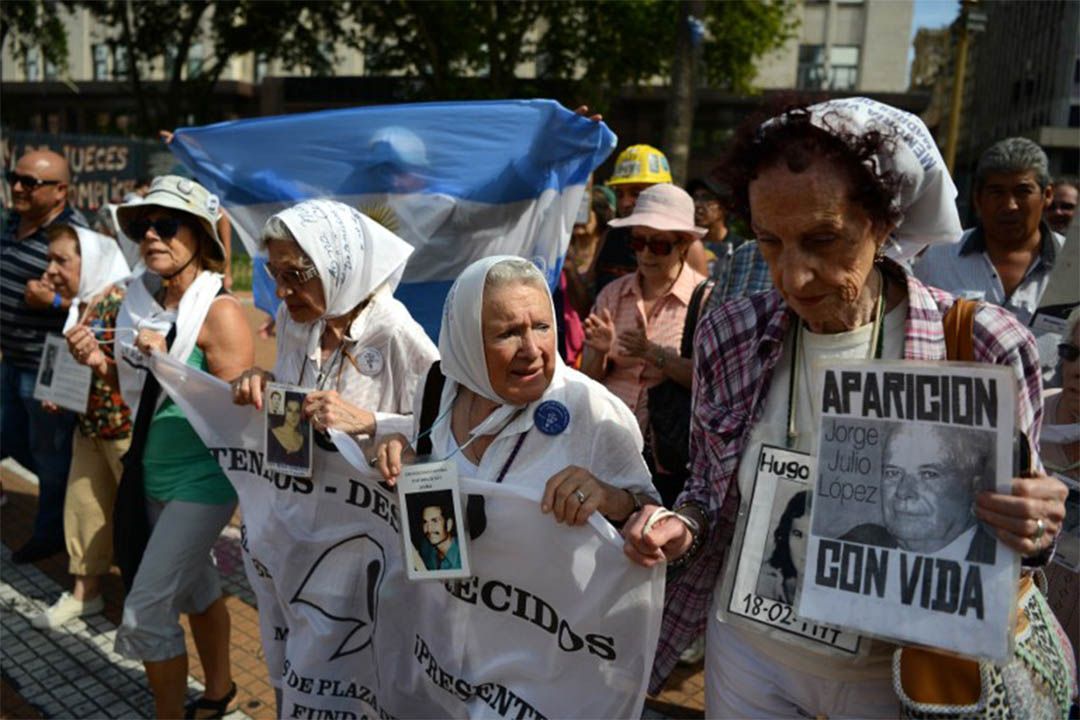
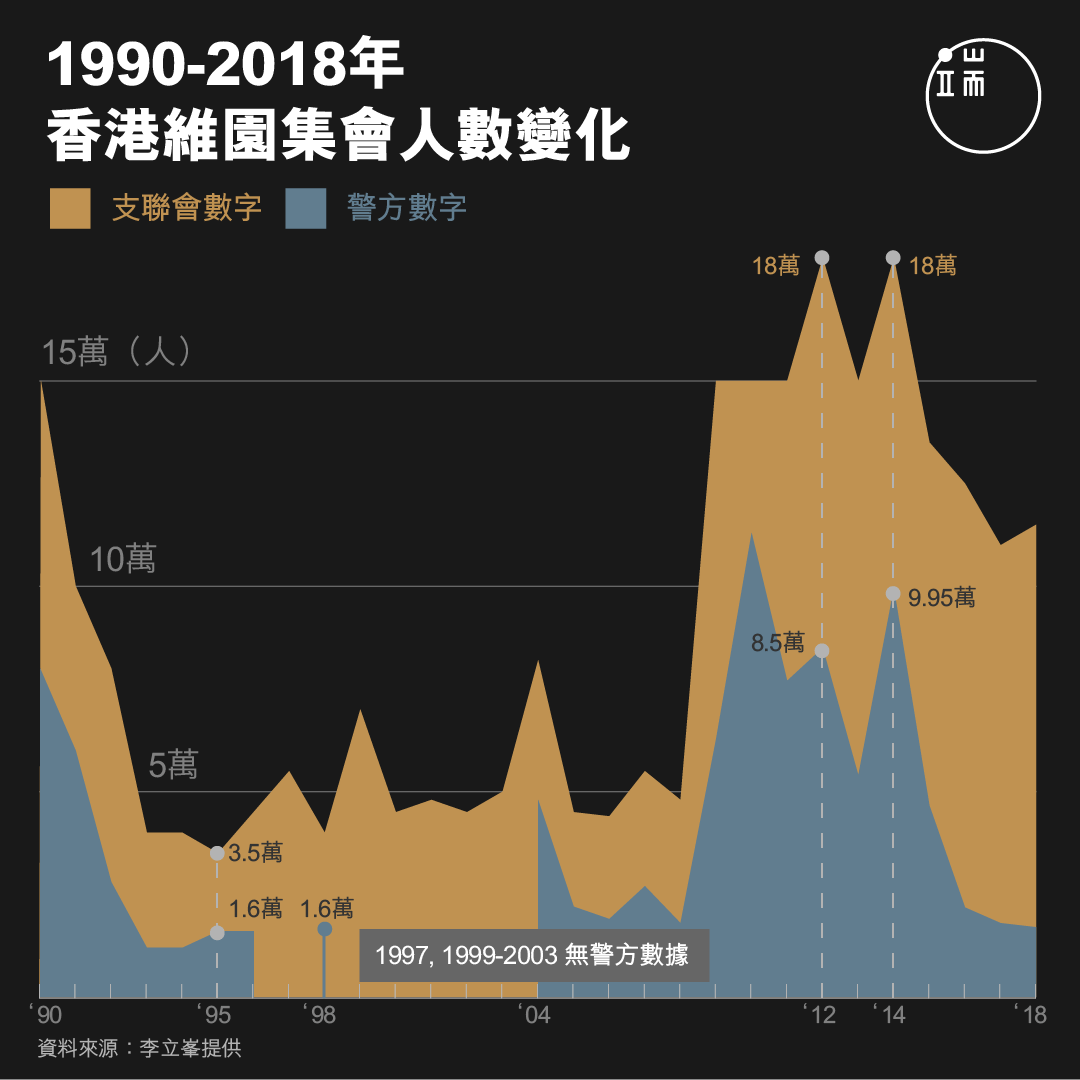
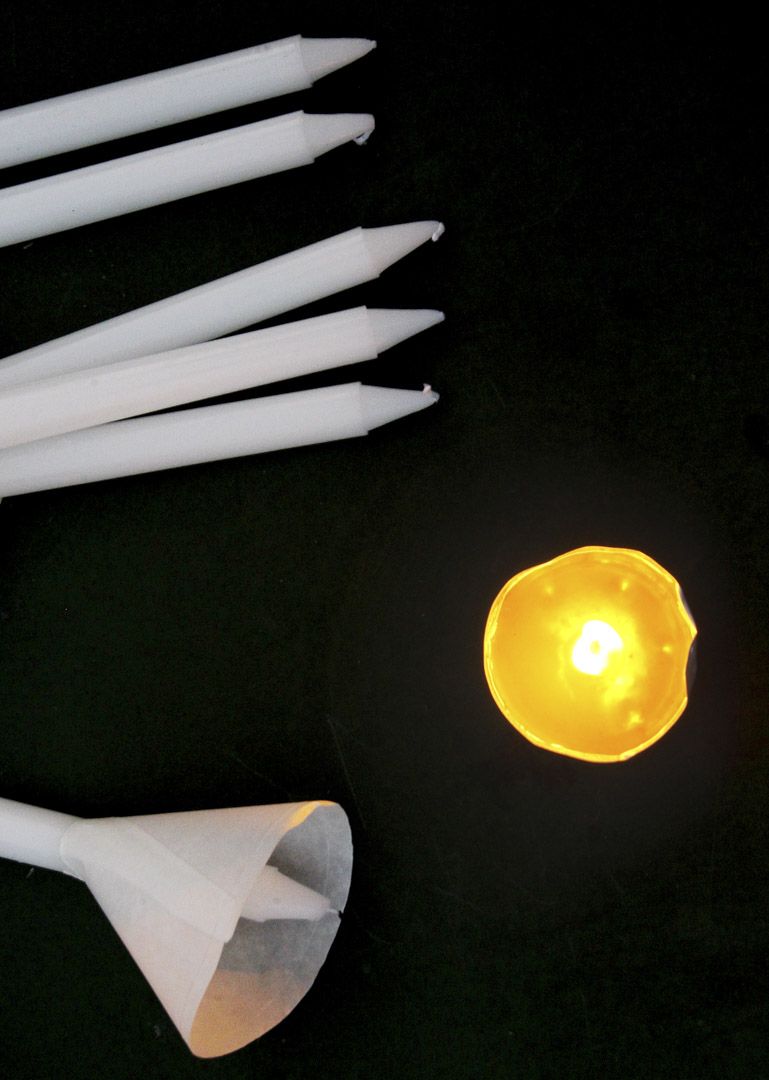
Maybe we are in the darkest moment, maybe the deeper darkness is still in sight, but as long as people are still there, as long as the memory is still preserved, the totalitarian system cannot declare the final victory.
Eight years ago, Fu Jinghua, an associate professor at the Centre for Journalism and Media Studies at the University of Hong Kong, launched the "Weiboscope" project. From 2012 to the beginning of June every year, over 100,000 Weibo accounts were tracked, and over 1,000 reasons were collected. Deleted posts or pictures related to June 4th. These deleted pictures and texts prove that under the high-pressure censorship, there are still people who insist on commemorating, just like the short video circulated on Douyin earlier: In the Beijing Military Museum, someone stood in front of a tank with two plastic bags in their hands.” No matter how weak it is, it still exists. Some people pass it on and some people commemorate it. In the long run, I don't think the June 4th Movement will die out. I don't think the memory of history can be washed away so easily, no matter how powerful digital totalitarianism is, it is hard to imagine that a regime can completely wash away a memory." Li Lifeng said, always calm. "After 30 years, can Hong Kong still keep the memory of June 4th? ——Interview with Li Lifeng” ( https://theinitium.com/article/20190515-hongkong-6430-memory-institution/)
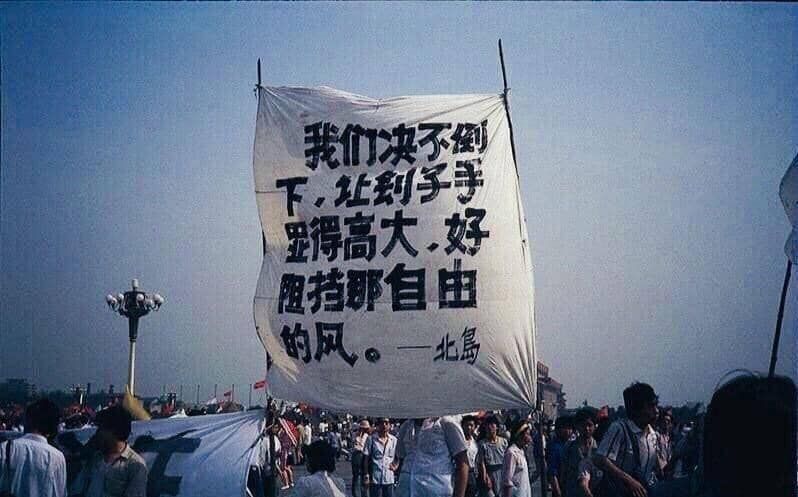
Like my work? Don't forget to support and clap, let me know that you are with me on the road of creation. Keep this enthusiasm together!






- Author
- More